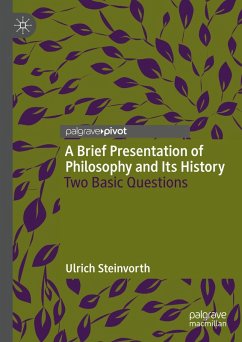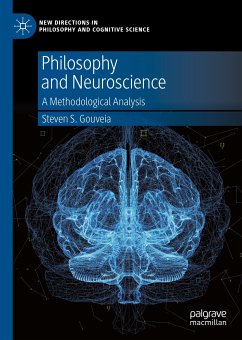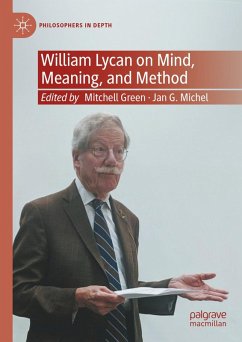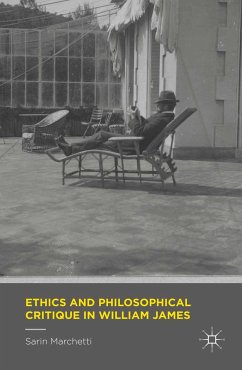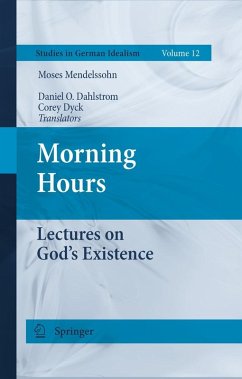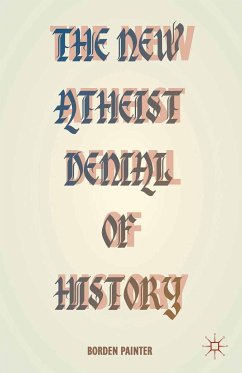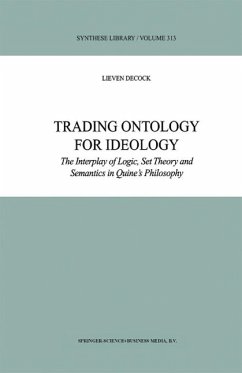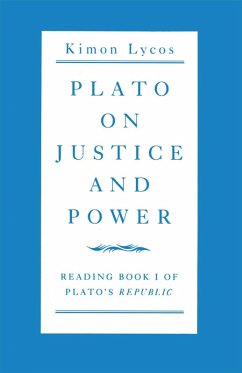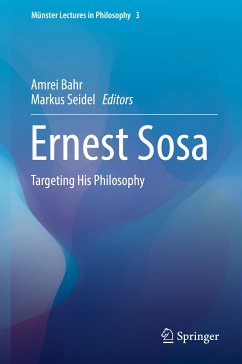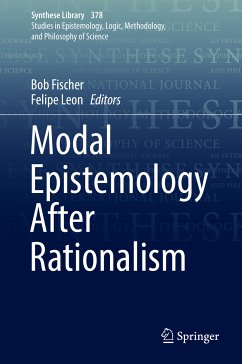
How Philosophers Argue (eBook, PDF)
An Adversarial Collaboration on the Russell--Copleston Debate
Versandkostenfrei!
Sofort per Download lieferbar
72,95 €
inkl. MwSt.
Weitere Ausgaben:

PAYBACK Punkte
36 °P sammeln!
This volume presents a double argumentative analysis of the debate between Bertrand Russell and Frederick Copleston on the existence of God. It includes an introduction justifying the choice of text and describing the historical and philosophical background of the debate. It also provides a transcript of the debate, based in part on the original recording.The argumentative analyses occupy Parts I and II of the book. In Part I the argumentative process is analysed by means of the ideal model of critical discussion, the workhorse of pragma-dialectics. Part I shows how the two parties go through ...
This volume presents a double argumentative analysis of the debate between Bertrand Russell and Frederick Copleston on the existence of God. It includes an introduction justifying the choice of text and describing the historical and philosophical background of the debate. It also provides a transcript of the debate, based in part on the original recording.
The argumentative analyses occupy Parts I and II of the book. In Part I the argumentative process is analysed by means of the ideal model of critical discussion, the workhorse of pragma-dialectics. Part I shows how the two parties go through the four stages of a critical discussion. It highlights the questions raised over and beyond the presiding question of whether God exists and examines almost a hundred questions that are raised. Many are left in the air, whereas a few others give rise to sundry sub-discussions or meta-dialogues. In Part II the theoretical framework of argument dialectic is put to work: argument structures are identified by means of punctuation marks, argumentative connectors and operators, allowing to see the argumentative exchange as the collaborative construction of a macro-argument. Such a macro-argument is both a joint product of the arguers and a complex structure representing the dialectical relationships between the individual arguments combined in it. Finally, the complementarity of the two approaches is addressed. Thus the book can be described as an exercise in adversarial collaboration.
The argumentative analyses occupy Parts I and II of the book. In Part I the argumentative process is analysed by means of the ideal model of critical discussion, the workhorse of pragma-dialectics. Part I shows how the two parties go through the four stages of a critical discussion. It highlights the questions raised over and beyond the presiding question of whether God exists and examines almost a hundred questions that are raised. Many are left in the air, whereas a few others give rise to sundry sub-discussions or meta-dialogues. In Part II the theoretical framework of argument dialectic is put to work: argument structures are identified by means of punctuation marks, argumentative connectors and operators, allowing to see the argumentative exchange as the collaborative construction of a macro-argument. Such a macro-argument is both a joint product of the arguers and a complex structure representing the dialectical relationships between the individual arguments combined in it. Finally, the complementarity of the two approaches is addressed. Thus the book can be described as an exercise in adversarial collaboration.
Dieser Download kann aus rechtlichen Gründen nur mit Rechnungsadresse in A, B, BG, CY, CZ, D, DK, EW, E, FIN, F, GR, HR, H, IRL, I, LT, L, LR, M, NL, PL, P, R, S, SLO, SK ausgeliefert werden.
Alle Preise in Euro und inkl. der gesetzl. MwSt. | Innerhalb Deutschlands liefern wir preisgebundene Bücher versandkostenfrei. Weitere Informationen: bitte hier klicken
Support
Bitte wähle dein Anliegen aus:
Rechnungen
Bestellstatus
Retourenschein
Storno



